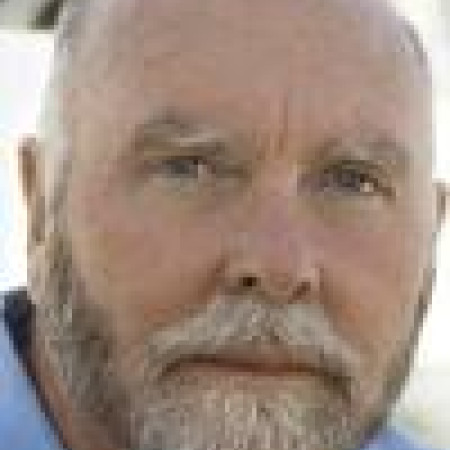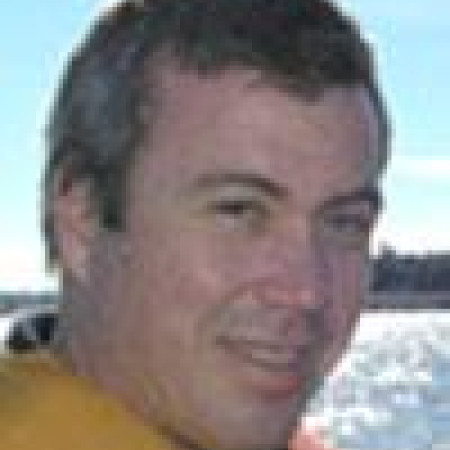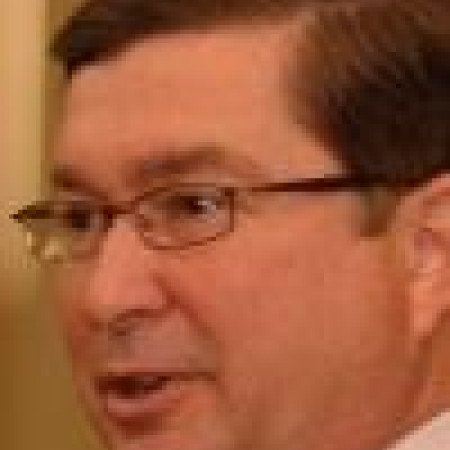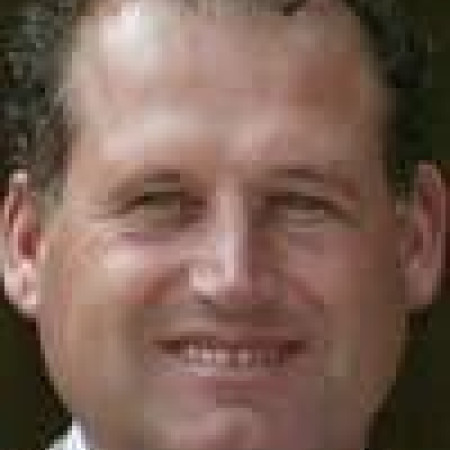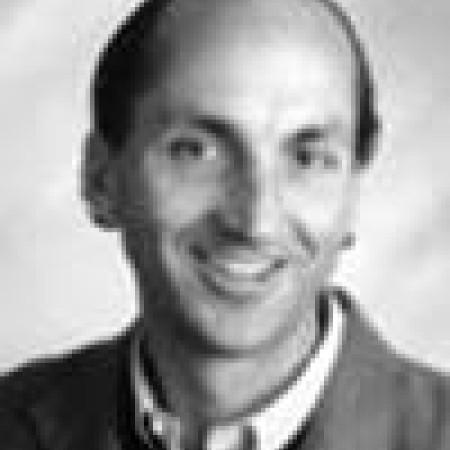Dipika Matthias - Social Enterprise to Solve Malnutrition
Malnutrition is a prime target for social enterprise efforts. In this audio interview with Stanford Center for Social Innovation correspondent Sheela Sethuraman, Dipika Matthias talks about Ultra Rice, a technology developed by PATH in Seattle, which is being introduced to millions of families around the world with great health and productivity benefits. The project director talks about the genesis of the project, its progress so far, and where it is headed.



